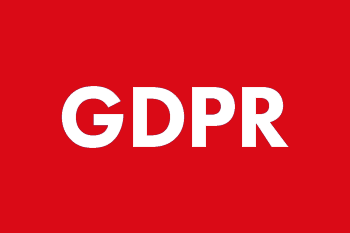What happens when we get approached by a freelance writer?
First, the set-up: I usually get an email direct to me (because we post my address on our website and say we’re open to enquiries), and that usually contains a brief note and CV/resumé. Within that, I usually see career history, links to work samples, and social media accounts.
So here’s what I do:
- If the freelancer’s Twitter handle is offered, I usually cut and paste that into Tweetdeck. The picture is telling (selection, more than quality, says a lot about the type of person). But more important, I see what they’ve been tweeting about and who they follow. Some people are professional all the way – only interested in topics that they cover as a writer; other people are up for jokes, politics, you name it. I don’t mind the latter – I’d be a hypocrite to not be OK with people who are broad in how they use a social channel – and it gives me an insight into who someone really is.
- I usually then look at career history. This can be both within the CV/resumé or on LinkedIn. I like the latter as it’s usually easier to click through to pages of past employers. I’m looking for publications or brands that I know, and links to other people this freelancer might have worked with. It also gives me a good idea of subject matter expertise. And I like to know how long someone has been freelancing, as well as any other roles they have outside of content or do in parallel to their main gig(s).
- Also, don’t think we’re not interested in things like their listed softer skills, languages, qualifications or awards. All could be useful when we work out who’s best for certain projects.
- Lastly, I look at examples of work. Why isn’t that a priority, if that’s what we’re going to ask someone to do? As we’ve blogged about before, work samples and portfolios are useful for showing output and areas of expertise, but they’re no guarantee of someone’s ability. Content is a team sport, and any good writer has benefitted from a good editor, a good sub/copy editor, probably a good designer and so on. I’ve been known to contact these people (if I can work out who they are) to ask their opinion on someone we’re interviewing.
I’m not the first to write about this, but possibly the hardest thing to know about hiring someone is just what they’re like as a person. Values, approaches to work and complementing (though not being the same as) the existing team are at least as important as the things that recruiters and HR departments typically screen for.
For a freelancer, the risk is slightly less. But I can’t think of a project or piece of content where we have any leeway for someone to be a bad fit. Everything is important.
And you never know for sure what someone is like until that first day, and until v1.0 of that first assignment.
–
Follow us on Twitter – @ColContent








